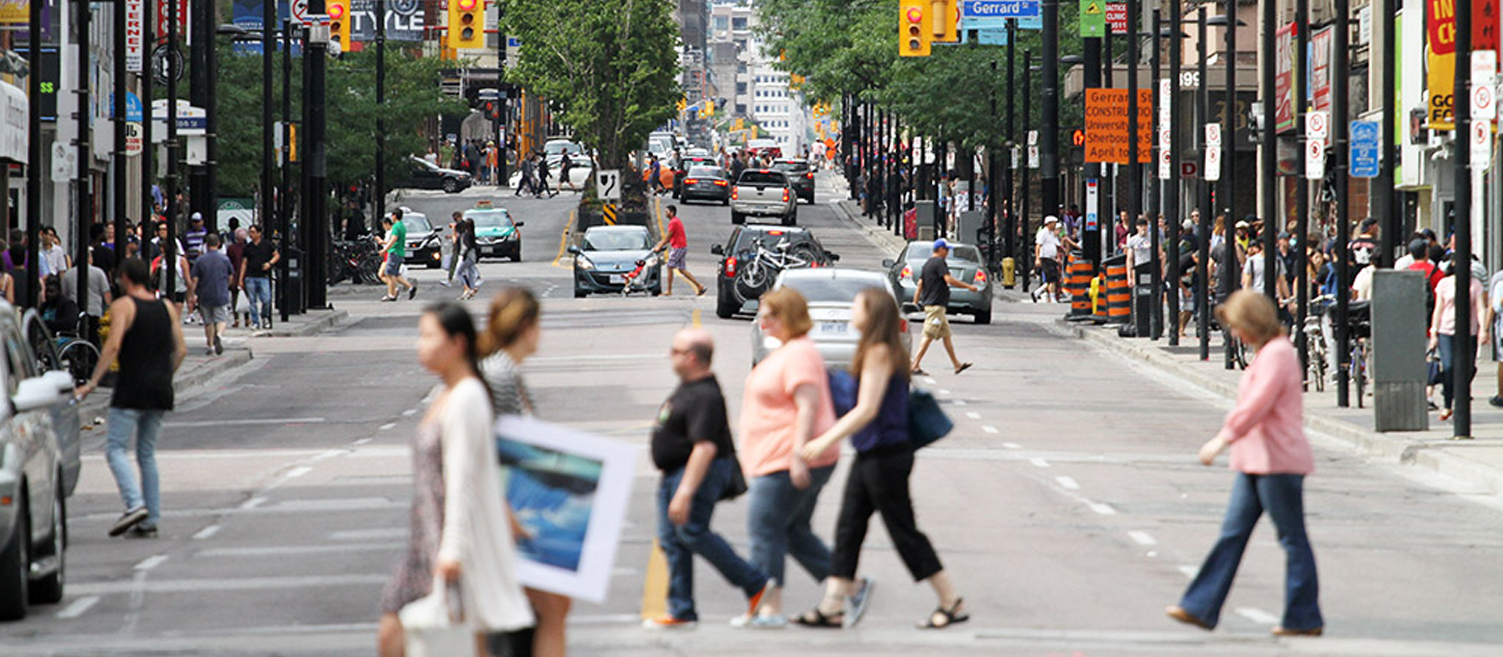
Toronto is the fastest growing city in North America. This intensity is placing pressure on infrastructure, transportation and how people connect with one another. These pressures have only been amplified during the COVID-19 pandemic. While vulnerabilities in the city’s neighbourhoods have been exposed in 2020, hyper-local caregiving has also sprung into action.
The inspiration for this challenge was the Toronto Social Capital Survey 2018, which revealed a relatively strong sense of connection across the city, and yet some startling statistics stood out: 6% of Toronto residents report having no close friends; another 8% have no close friends in the city or local community; and 30% have local friends but none in their neighbourhood. Those statistics translate into tens of thousands of people who feel they don’t have someone they can ask for help or lean on in bad times.
The first step was to identify a community co-host with wich to work together that resulted in a partnership with Unison Health and Community Services and their Hub office. This selection meant the engagement would geographically focus on a Toronto neighbourhood known as Bathurst and Finch, with an ethnically and religiously diverse community. Residents and local organizations there, spoke of the difficulty in bringing people together across cultural lines.
We are searching for programs from all over the world that have fostered greater inclusion across cultures and/or generations and have been able to run these programs over time with ongoing success.